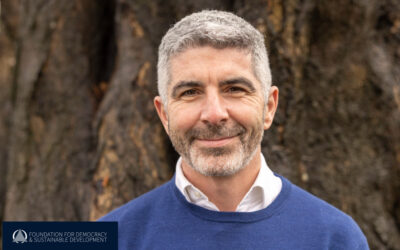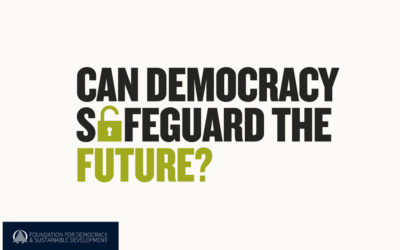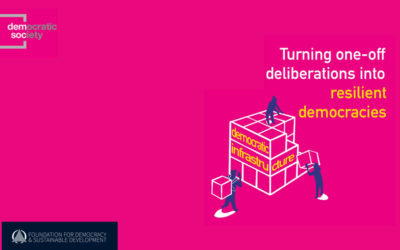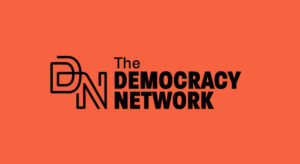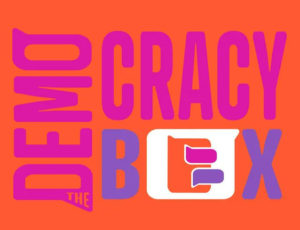Democracy rests on the idea that people engage as equal participants in the political decisions that affect their lives. But it is a democratic right that is rarely fully realised in practice.
Participation is critical to sustainable development both as a desirable outcome or goal, but also in its realisation. Growing evidence suggests that, if well-designed, public participation can generate commitment amongst participants, increase knowledge, generate new ideas, legitimise tough political choices, and challenge the power and influence of vested interests.
The Participedia project – a crowd-sourced platform to strengthen democracy through shared knowledge – provides extensive evidence of the range of participatory initiatives and designs across the world. The challenge for FDSD and others is to better understand how participatory processes can be designed and embedded to deal with the complex and contested issues associated with sustainable development.
FDSD is active in debates about how to ensure the current wave of interest in citizens’ assemblies, particularly in the area of climate, has material impact on democratic governance. We are also concerned to look beyond these high-profile participatory processes to more mundane practices of mediation that will be necessary to deal with conflicts of interest that will emerge more extensively as we transition towards more sustainable practices.
We are also considering how participatory practices may be critical in embedding the legitimacy of new institutions such as Future Generation Commissioners. The Wales We Want national conversation that engaged around 7,000 people around the challenges and opportunities facing Wales was critical in the development of the Wellbeing of Future Generations (Wales) Act and the Commissioner that was established in its wake. “Involvement” emerged as a one of the five ways of working under the Welsh legislation.
Much of the work on participation focuses on the input of people’s ideas into the policy process. FDSD is just as interested in the way that communities generate power through co-creation of solutions. We also recognise the need to attend to questions of democratic participation in forms of scrutiny, monitoring and oversight of institutions and the implementation of policy, including forms of legal redress for non-compliance.
Examples of previous FDSD work on participation
- Designing for impact: the next stage for climate assemblies | Blog by Graham Smith
- Time to reconcile conflict and collaboration—some insights from mediation | Blog by Andrea Westall
- Can democracy safeguard the future? | Book launch and panel discussion
- Visit our Participation and Accountability section on our Get Inspired page
- The Democratic Case for an Office for Future Generations | Report by Graham Smith
- Options for participatory decision-making for the post-2015 development agenda, commissioned by a UN Expert Group Meeting on the Sustainable Development Goals.


